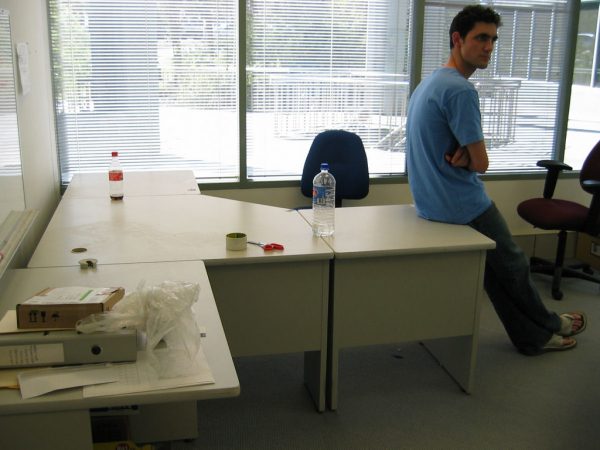8 Ways To Find Money for Investing in Your Budget
You might think setting money aside for investing is just as simple as setting a budget. But in reality, it takes more than that. It requires a few mindset shifts and small, smart moves to make sure you’re truly investing in yourself.
Even if your income feels stretched, you can still carve out space to build wealth. From cutting hidden costs to rethinking how you use your home or credit, these strategies show how to find money for investing, without overhauling your lifestyle.
Explore More: 12 Best Safe Investments To Grow Your Money in 2025
Find Out: 8 Common Mistakes Retirees Make With Their Social Security Checks
Backed by insights from financial experts, here are eight ways to make it happen.
Invest First, Not Last
Most people try to save or invest what’s left after spending. But by the time bills and splurges are paid for, there’s rarely anything left.
Flip the script and automate your investments first, then budget with what remains. As Warren Buffett advises, “Do not save what is left after spending, but spend what is left after saving.”
Read More: How To Get a 10% Return on Investment (ROI): 10 Proven Ways
Rethink Major Spending Habits
Before cutting small expenses, look at your largest ones: housing and transportation. “The biggest wins often come from looking at your largest expenses,” said Steven Rogé, chief investment officer and CEO of R.W. Rogé & Company.
Delaying big-ticket purchases or downsizing can free up serious cash.
Audit Your Subscriptions
Recurring charges, like streaming services, unused apps and auto-renewed memberships, can quietly drain your budget. Rogé recommended a digital audit every few months to find “apps quietly charging [you] each month.”
Cancel what you don’t use and redirect that money to investing.
Cut the Low-Hanging Extras
Skip the subscription box. Pick up your takeout. Switch to store-brand supplements. These small changes add up.
“One can easily spend $7 at Starbucks for a cup of coffee,” said Elizabeth Karwowski Sdoucos of the Housing Counseling Federal Advisory Committee. “$7 times 5 working days is $35. Times 52 weeks. You just found $1,820 to invest.”
Renegotiate What You Already Pay
You may be able to lower your monthly bills with a phone call. Sdoucos noted that many people don’t realize they can ask credit card companies for a lower interest rate. She also recommended reviewing your insurance annually to avoid overpaying on premiums.
Automate Small Transfers
If saving feels impossible, take willpower out of the equation. Sdoucos suggested automating $10 from each paycheck into a separate savings or investment account.
Content Original Link:
" target="_blank">








![Ευρωπαίοι καταναλωτές: «Εμπάργκο» στα αμερικανικά προϊόντα [γράφημα]](https://www.ingr.gr/images/joomgrabber/2025-05/43ea5871c1.png)



















